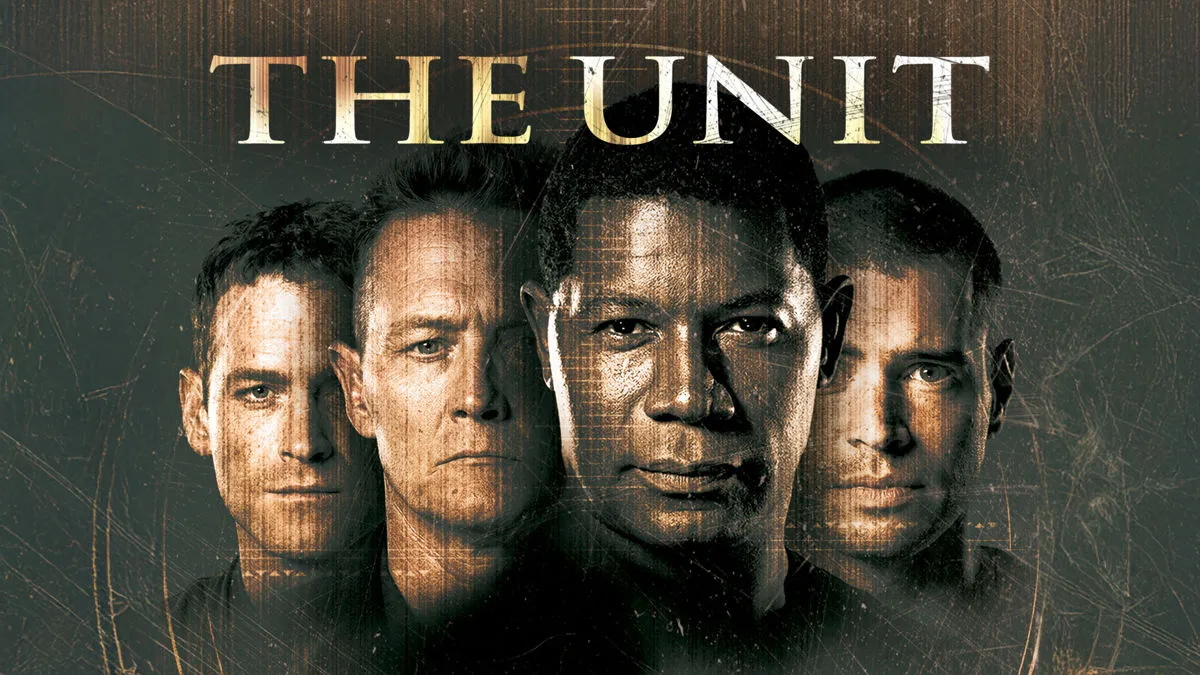All That We Destroy (2019)
All That We Destroy (2019) is an American horror-thriller directed by Chelsea Stardust. It is the eighth installment in Hulu’s Into the Dark anthology series and was released in May 2019. The film explores complex themes such as cloning, maternal love, and the ethical dilemmas surrounding scientific experimentation, weaving a story that blurs the line between science fiction and psychological horror.
The plot centers on Dr. Victoria Harris, a geneticist deeply troubled by the behavior of her son Spencer, who she suspects might be developing into a serial killer. In a desperate attempt to understand and control the situation, Victoria creates clones of Spencer’s first victim, Ashley, hoping this will allow Spencer to confront his dark urges without harming real people. However, as the cloned Ashleys begin to develop consciousness and individuality, the situation quickly spirals beyond Victoria’s control, leading to unintended and tragic consequences.

At its core, the film delves into the moral and psychological complexities of cloning and questions the ethical boundaries of scientific intervention. It explores the dehumanization that can occur when clones are treated as mere tools rather than sentient beings. Victoria’s motivations, driven by a fierce maternal instinct to protect her son, lead to a destructive chain of events that challenge viewers to consider how far one should go in the name of love and protection.
The performances in the film received mixed responses. Samantha Mathis, portraying Dr. Victoria Harris, brings a compelling depth to the role of a mother caught between her professional knowledge and personal desperation. Israel Broussard plays Spencer, the troubled son, with subtlety. Meanwhile, Aurora Perrineau plays the cloned Ashley(s), delivering a nuanced performance that captures the unsettling evolution of the clones’ awareness.

Critically, the film garnered varied opinions. Some reviewers praised its exploration of modern motherhood and the ethical quandaries of cloning, noting that it raises thought-provoking questions about identity and morality. However, others felt that the film struggled with pacing and dialogue, sometimes lacking the tension expected from a horror-thriller. Despite these criticisms, the film’s atmospheric tone and unique premise earned it a place as a distinctive entry in the sci-fi horror genre.
Overall, All That We Destroy stands out for its thoughtful approach to science fiction themes within a horror context. It challenges the audience to reflect on the consequences of playing god with genetics and the limits of parental love. While it may not offer traditional scares for horror enthusiasts, its psychological depth and ethical questions make it a compelling watch for those interested in speculative fiction and character-driven stories.

If you enjoy films that explore similar ideas about cloning, identity, and morality, All That We Destroy offers a haunting and emotional experience worth considering.
-1752635038-q80.webp)
-1751870433-q80.webp)

